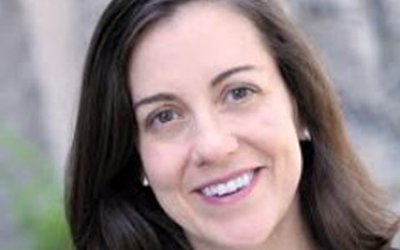Event
Factual Corrections and Misinformation During the 2020 U.S. Election: Evidence from Panel Experiments
12:00 PM

We measure the immediate and medium-term effects of 21 highly-trafficked pieces of misinformation and fact-checks during the 2020 U.S. election with eight panel experiments (N = 17,681). Exposure to misinformation increased false beliefs by an average of 4.3 points on a 100-point belief certainty scale. Exposure to fact-checks more than corrected this effect, decreasing false beliefs by 10.5 points. The effects of fact-checks persisted at 66% of the immediate effect one week after exposure, and at 50% after more than two weeks. We estimate minuscule effects of misinformation and fact-checks on evaluations of political figures and groups. Fact-checks of party-congenial false claims were more effective among Democrats than Republicans. We examine this asymmetry with data provided to us by the fact-checking organization PolitiFact. We document robust heterogeneities by personality type and cognitive style, which further investigation suggests may be related to time spent reading fact-checks.